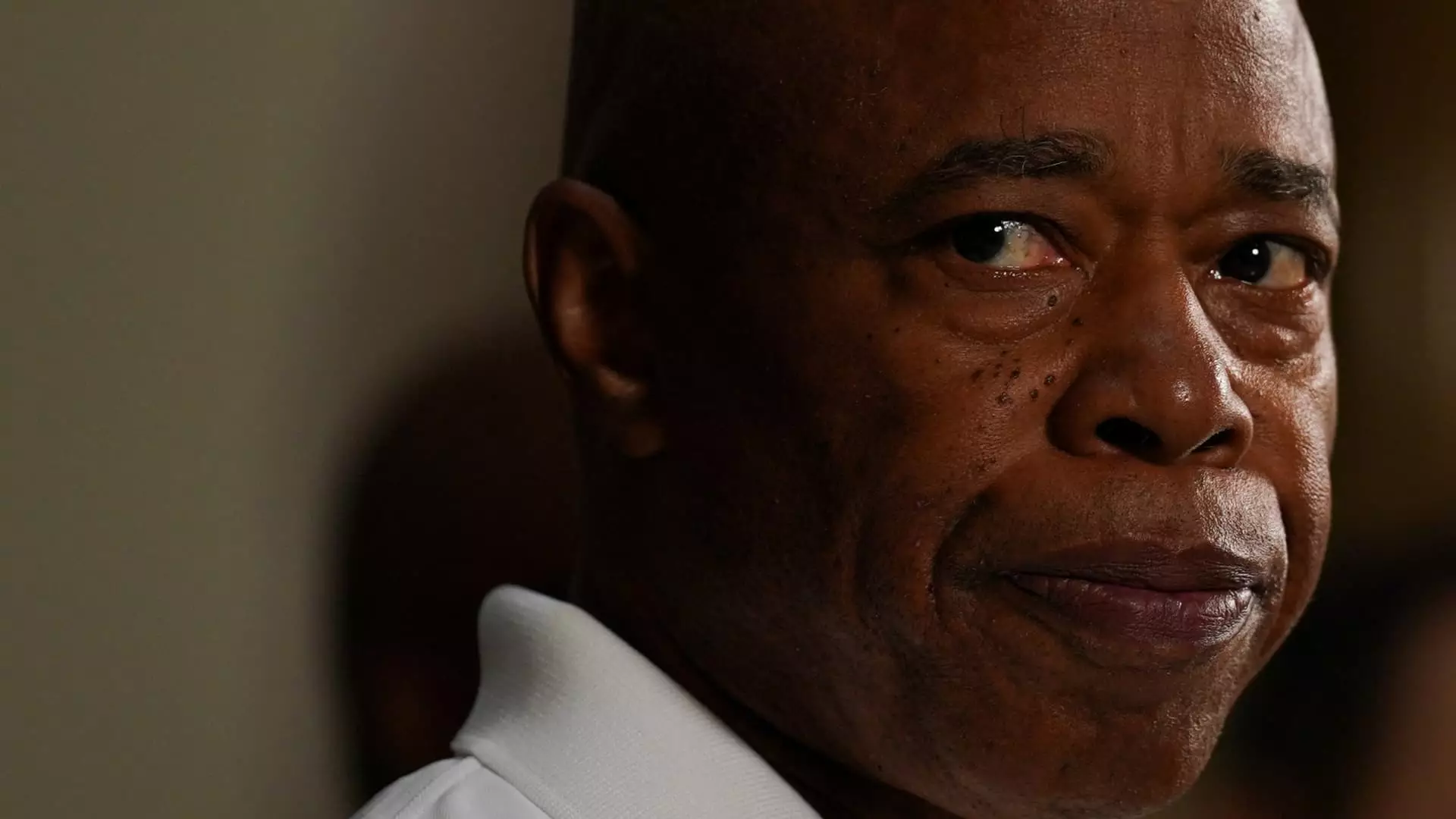The political landscape of New York City is currently engulfed in turmoil as Mayor Eric Adams faces serious legal challenges. Recent reports have revealed that he has been indicted on federal criminal charges, raising urgent questions about the integrity of his administration and its impact on the city’s governance. With allegations suggesting potential collusion with foreign entities aimed at funneling illegal campaign donations, the reverberations of this scandal are likely to be profound.
Mayor Adams, a former police officer and state senator, is under scrutiny from the Manhattan U.S. Attorney’s Office. Investigators are examining his 2021 mayoral campaign for possible connections with the Turkish government, as well as other nations including Israel, China, Qatar, South Korea, and Uzbekistan. This examination, which included the issuance of grand jury subpoenas, indicates a systemic effort to uncover any malfeasance surrounding the financial backings of his campaign.
Compounding the situation, Adams faces multiple other investigations tied to various members of his administration. The ramifications of these inquiries lead to a significant destabilization within the city’s leadership, raising concerns about the functionality of city operations.
The fallout from these revelations has triggered a wave of political reactions, including a call for resignation from Rep. Alexandria Ocasio-Cortez. Expressing her concerns over the numerous resignations and vacancies attributed to ongoing federal probes, Ocasio-Cortez emphasized the need for leadership that ensures the city’s stability. Her declaration underscores the gravity of the situation and reflects broader anxieties shared among city officials and residents alike.
The implications of these investigations have not been limited to the mayor himself. City Schools Chancellor David Banks recently announced plans to retire by the end of 2024, coinciding with federal actions that suggest deep-rooted issues within city governance. The situation has escalated as electronic devices belonging to various city officials have been seized, pointing toward an expansive investigation that is reaching into multiple facets of city administration.
Moreover, the resignation of Lisa Zornberg, the mayor’s chief legal advisor, adds another layer of complexity. Her departure, citing an inability to continue in her role amidst the growing crisis, indicates an eroding trust in leadership and a potential exodus of officials as pressures mount.
As the storm of investigations continues to swirl around Mayor Adams and his administration, the pressing question remains: What does this mean for New York City? The charges are serious and the potential repercussions far-reaching. Citizens deserve transparency and accountability from their leaders; anything less undermines the very democracy they participate in.
In a city known for its resilience, the unfolding drama presents an opportunity for reflection and reform. Whether Mayor Adams can navigate these challenges will define not only his political legacy but also the future of governance in New York City. The coming months will likely reveal much about the strength of leadership when faced with adversity and the importance of maintaining ethical standards in public service.



Leave a Reply